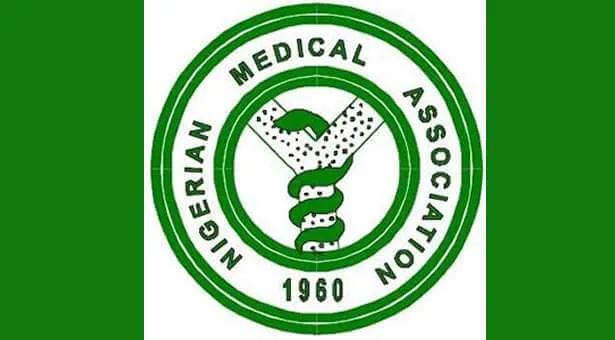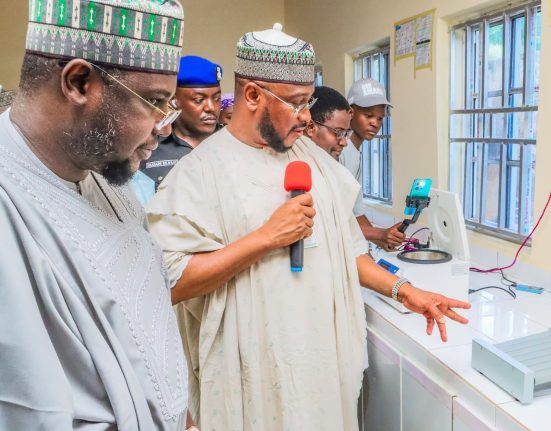As Nigeria joins the global community to mark International Workers’ Day today, May 1, 2025, the Lagos State chapter of the Nigerian Medical Association (NMA) has renewed calls for urgent government intervention to improve the welfare of medical professionals, warning that continued neglect could worsen the already fragile state of the nation’s healthcare system.
The association expressed serious concern over the increasing rate of migration of Nigerian doctors and other healthcare professionals in search of better opportunities abroad, a trend popularly referred to as the japa syndrome. The group stressed that without immediate reforms and strategic investment in the health workforce, Nigeria’s health sector may suffer irreversible damage.
Speaking on the occasion, the Chairman of the Lagos NMA, Dr. Babajide Saheed, decried the deteriorating work conditions for medical personnel and called for a comprehensive review of welfare packages and policies affecting healthcare workers. He emphasized that any health reform effort that does not prioritize human resource retention is bound to fail.
“Any policy of government which doesn’t first resolve the issue of japa syndrome is a waste of time. Such a policy will not work without the driving force of human resources,” Dr. Saheed said. He called on both federal and state governments to demonstrate commitment by addressing the factors fueling the brain drain, including poor remuneration, inadequate infrastructure, insecurity, and general economic hardship.
Recent data reveals that over 16,000 Nigerian doctors have left the country in the last seven years. Nigeria now has only about 55,000 doctors to cater to a population of over 200 million, putting the doctor-to-patient ratio at an alarming 3.9 per 10,000, far below the World Health Organization’s recommendation. This information was confirmed by the Coordinating Minister of Health and Social Welfare, Professor Muhammad Ali Pate.
Healthcare professionals across other fields—including nurses, physiotherapists, medical laboratory scientists, and pharmacists—have also joined the exodus. Preferred destinations for these professionals include the United Kingdom, Canada, and the United States, where working conditions and remuneration are significantly better.
Dr. Saheed outlined specific demands that, if implemented, could help stem the tide. These include the introduction of non-taxable call duty allowances, a review of professional allowances in line with the prevailing inflation rate, and the provision of sustainable welfare initiatives such as affordable housing and car loan schemes. He also called for investments in modern equipment, continuous professional training, research grants, and the strengthening of healthcare infrastructure.
He emphasized the need for empathy and inclusiveness in healthcare policy design, noting that effective health delivery is tied to workforce morale. According to him, “Better remuneration, consistent training and retraining, conducive work environments, and sound health policies anchored on respect and empathy are non-negotiable if we want to retain our health professionals.”
The association also pressed for the harmonization of salaries for medical doctors working in academic settings with the Consolidated Medical Salary Structure (CONMESS), alongside an end to the casualization of doctors through locum appointments. Additional requests included the immediate payment of skipping arrears, arrears related to the reviewed CONMESS, and the upward review of healthcare workers’ retirement age.
Dr. Saheed further demanded the consequential adjustment of doctors’ allowances to align with the proposed national minimum wage and called for the withdrawal of the consultant pharmacist cadre from clinical settings, arguing that it could disrupt medical practice and reduce the quality of patient care due to overlapping roles without sufficient clinical justification.
In conclusion, the Lagos NMA urged the federal government to fulfill all outstanding commitments made to the health workforce, particularly the promise to clear the revised CONMESS arrears. The association maintained that only a proactive and deliberate approach to medical workers’ welfare would halt the worsening trend of professional flight and secure the future of Nigeria’s health sector.




